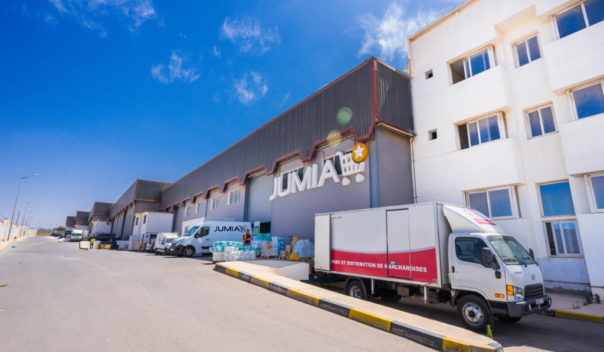The news
- Nigerian B2B eCommerce startup, Alerzo has laid off 100 employees, reportedly due to warehouse automation.
- This new round of layoff is coming after it laid off 15% (400) seven months ago.
- The laid-off employees will be paid one month’s salary as part of their severance package.
“As a company, we’ve invested and built an end-to-end warehouse management system that has improved process automation,” a spokesperson from the company told TechCabal.
This was the same reason Alerzo laid off 5% of its workforce back in September 2022 when it had about 2000 employees.
By March 2023, it laid off another 15% (400) leaving about 800 employees in the company. With this new round of layoffs, the company could be left with less than 700 employees.
At the time Alerzo said the first round of layoffs was based on performance and involved digitisation of some roles, including developing an internal enterprise resource planning (ERP).
Similarly, the spokesperson said, the company has made technological investments that have “enhanced warehouse performance, including our turnover and sales metrics. Unfortunately, this has meant streamlining and consolidating certain warehouse roles.”
Sources close to the company said that most of the people laid off worked in the company’s 40 warehouses.
They said new software implementation eliminated the need for several lines of approval in those warehouses, leading to several redundant roles.
The laid-off employees will get one month’s salary and severance while retaining HMO benefits for the rest of the year.
Alerzo’s path to profitability
After its layoff in March 2023, the startup said it wanted to restructure and reduce payroll to increase profits.
It believed it can accelerate its path to break even more quickly and reach profitability by Q3 this year with the help of the payment licenses it has acquired, which will significantly aid the digitisation of its merchant base.
Alerzo is one of the eCommerce startups employing the B2B model as a path to survival in Africa’s eCommerce space. It also recently partnered with payments giant, Mastercard, to empower Small and Medium Enterprises (SMEs) by offering digital payment solutions, financial education, and credit access.










